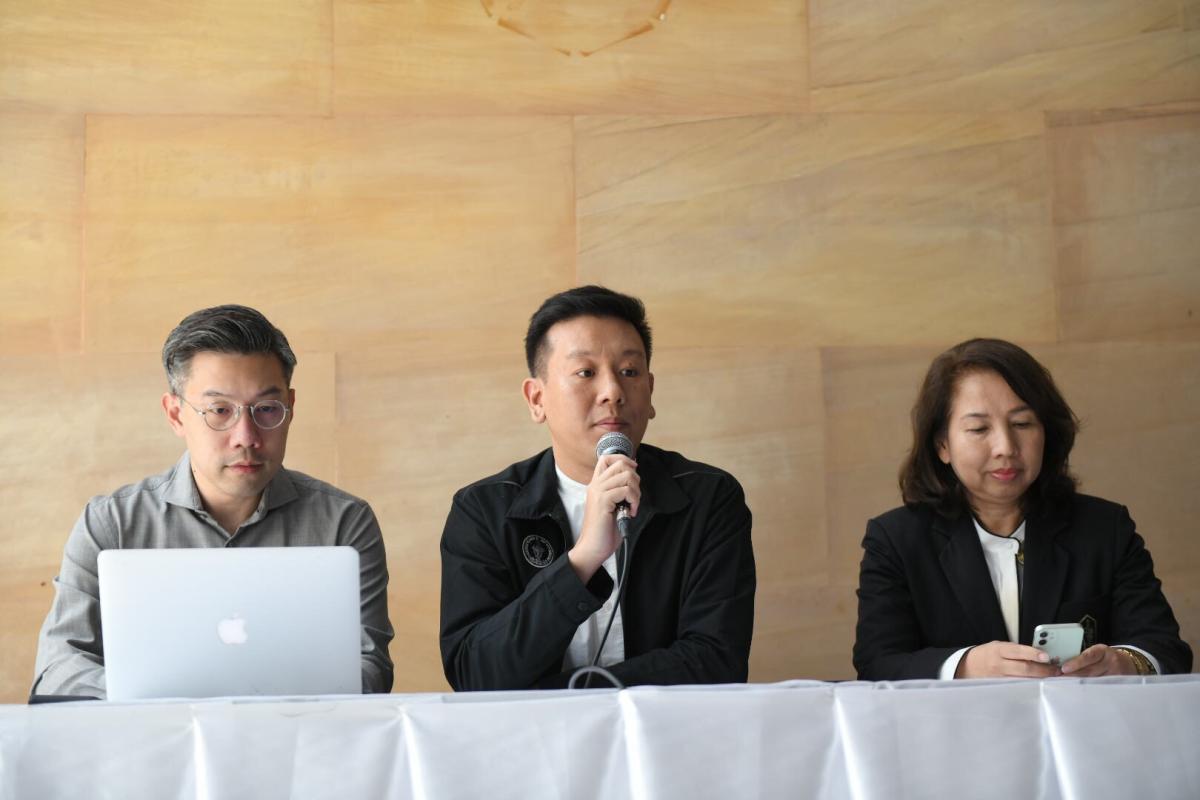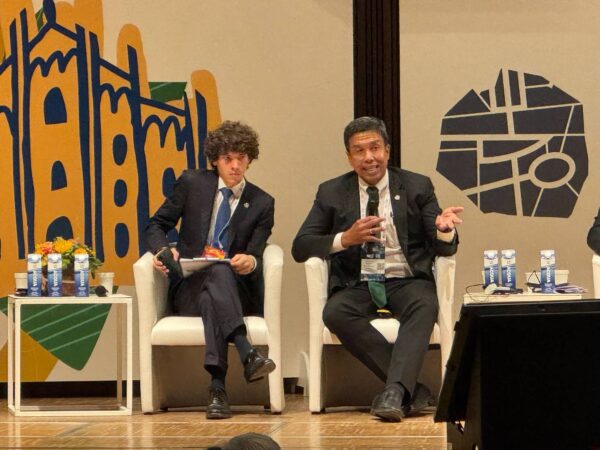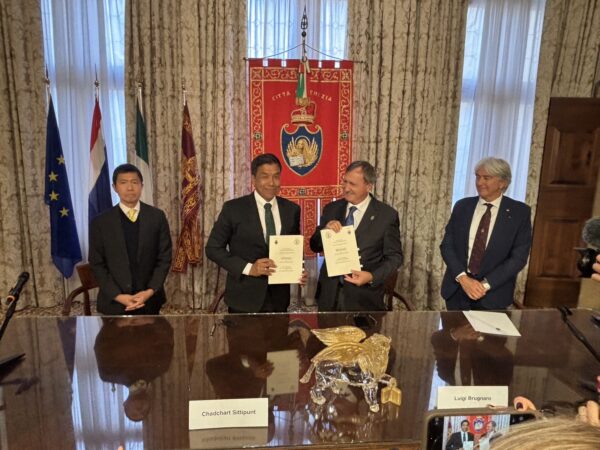
The casual clothes policy at schools under the Bangkok Metropolitan Administration (BMA) jurisdiction will rely mostly on the mutual agreement between students and schools, deputy governor Sanon Wangsrangboon said.
Sanon and city spokesman Aekvarunyoo Amrapala were speaking at a press conference on Friday held to clarify BMA’s order issued on June 23. The order instructs 437 schools in the metropolitan area to grant students a casual clothes day once a week.
Schools have also been told to ease off on regulations related to students’ hairstyles, with the BMA insisting that everybody’s styles and preferences should be respected.
The deputy governor said the order was accompanied by a memorandum stipulating that school’s guidelines for student’s clothes and hairstyles must satisfy three aspects: Respecting basic human rights; reducing parents’ financial burden, and promoting student participation.
“Acceptable hairstyles must be based on sanitation standards, while enhancing students’ personality and confidence, and making all parties feel that schools are a safe space,” Sanon said. “Schools will not be allowed to punish students by cutting their hair on school grounds as it is humiliating.”
As for school attire, students are allowed to wear casual clothes to schools at least once a week, while those who do not wish to wear casual clothes can still wear their school uniform or gym uniform on that day.
Sanon said this policy should help ease parents’ financial burden, as public schools currently receive a government subsidy for just two uniforms per year – namely a school uniform and a gym or scout uniform.
“School committees and students should discuss the scope of acceptable clothes for this casual day, as it could differ from school to school, especially religion-based ones,” he said. “The important thing is to grant students the freedom to dress as they wish.”
Sanon added that the city will evaluate the response once the policy has been in effect for a few months to see if adjustments are required, like extending the no-uniform day to two days a week or more.
“We understand that change must be introduced gradually instead of overhauling the entire system in one go. The city intends to improve upon the current practice by allowing participation from students and focusing on their rights and freedom,” he said.
Sanon added that of BMA’s more than 20 education related projects, the casual clothing policy has received the most positive responses.
Aekvarunyoo added that some Bangkok schools have already piloted this policy, such as the Mathayom Prachaniwet School in Chatuchak district, which has had the student council come up with acceptable dress codes for casual day to be discussed with the school board.
Some schools have already introduced casual Fridays, he added.




